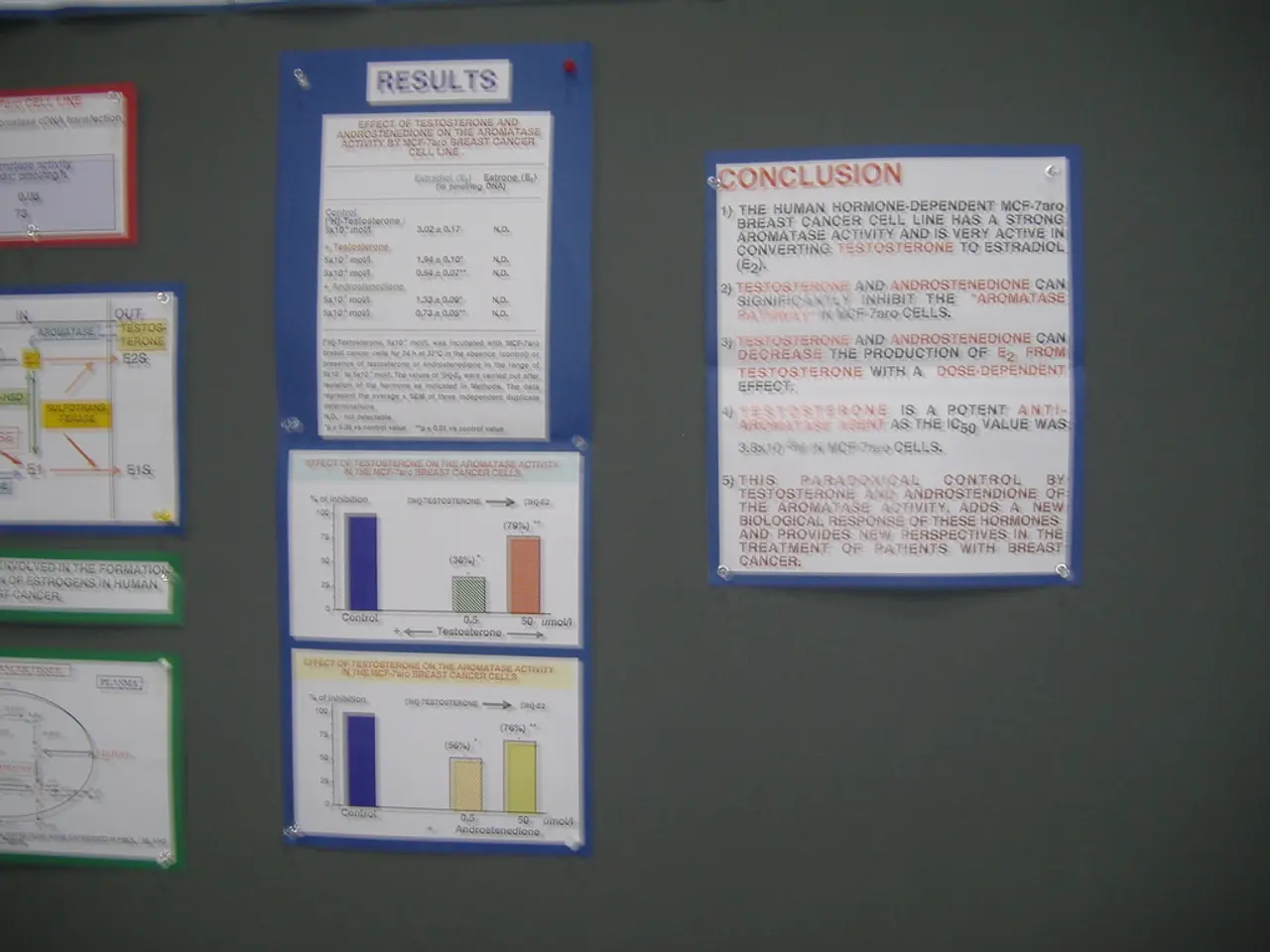Criticism leveled at proposed West Bank settlement arrangements by the Federal government
In a move that has drawn sharp criticism from the international community, the Israeli government has approved plans to build over 3,400 housing units in the E1 area, a highly sensitive region between East Jerusalem and the settlement of Maale Adumim.
The E1 area, considered one of the most contentious points in the Israel-Palestinian conflict, has been a subject of international concern due to its potential to divide the West Bank into northern and southern parts. This development, if implemented, would significantly disrupt the territorial contiguity of the Occupied Palestinian Territory.
The international legal consensus holds that Israeli settlements in the West Bank, including the E1 area, are illegal under international law. This stance is backed by the United Nations (UN), the International Court of Justice (ICJ), and most international actors.
In July 2024, the ICJ affirmed this view, stating that the transfer of Israeli settlers to occupied territories and settlement expansions breach international law. The UN Secretary-General’s spokesperson called the settlement plans an "existential threat" to the two-State solution, as they would sever the northern and southern West Bank.
The European Union (EU) and Turkey have also criticized the settlement plans, with the EU stating they exacerbate the already tense situation and violate international law. The German government has condemned Israel's settlement plans, stating they violate international law and relevant UN Security Council resolutions.
Germany, as an EU member state, aligns with the EU’s stance, viewing settlement expansion as a threat to the viability of a future Palestinian State and the two-State solution. Turkey, historically, has condemned Israeli settlement activities as violations of international law and Palestinian rights, and it likely views the recent E1 settlement approvals as illegal and detrimental to peace efforts.
Israeli Finance Minister Smotrich has threatened annexation of the West Bank if a Palestinian state is recognized next month. This stance further fuels international concern, as annexation would be in direct violation of international law.
The German government has made it clear that it will only recognize border changes agreed upon by the conflicting parties. It has called on the Israeli government to halt settlement construction and has rejected any annexation plans by Israel.
Frequent attacks by radical settlers on Palestinians in the West Bank often go unpunished, adding to the tension and making a peaceful resolution more challenging. The development of the E1 area could exacerbate this situation, further threatening the prospects for a lasting peace.
The West Bank, also known as Judea and Samaria, is occupied by Israel and has over 700,000 settlers living among around three million Palestinians. The settlement plans undermine the territorial integrity of the State of Palestine, which is the basis for a two-state solution and the hope for lasting peace.
In light of these developments, the international community continues to urge Israel to abide by international law and to take steps towards a peaceful resolution of the conflict.
This development in the E1 area, a region of war-and-conflicts significance, has been criticized by the international community for its potential to disrupt territorial contiguity in the Occupied Palestinian Territory and breaches the international legal consensus, as Israeli settlements here are deemed illegal under international law.
In responses to this, politics have intensified, with the European Union (EU) and Turkey criticizing the settlement plans, Germany aligning with the EU's stance, and Turkey historically condemning Israeli settlement activities as violations of international law.








